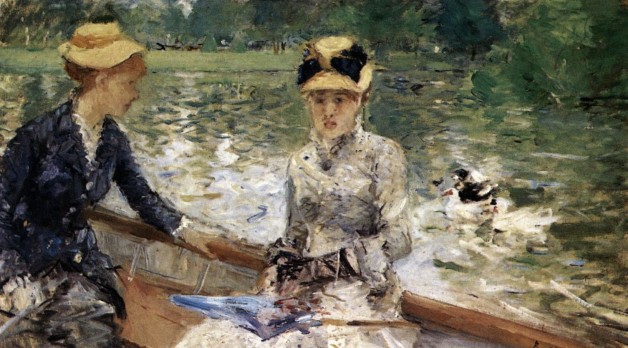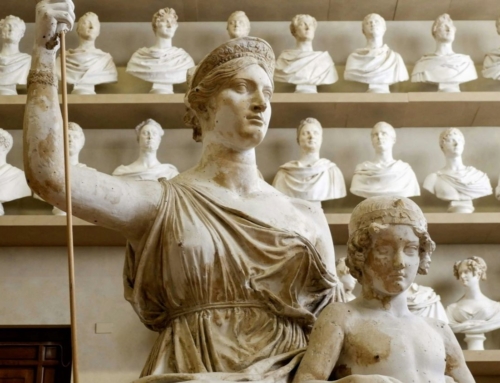The problem of boredom, though never lacking in our culture, is one that is especially pointed in the summer months. Perhaps it’s because school is out and parents are trying to find things for their children to do—camps, summer jobs, day care, vacations—or maybe it’s something about the heat that makes us lethargic and less inclined to activity. Whatever the cause, summer is a time when the words, “I’m bored,” are spoken with some frequency.
So what is boredom? It seems to be a restlessness, wherein the will has no object. The bored are looking for something to do. They want to want something. The problem, however, is not so much identifying boredom as finding a way to break out of it.
Man’s powers are directed to the expenditure of energy for an over-all purpose; if he lacks it, his giddiness and restlessness and consequent boredom are the price he has to pay. The most bored people in life are not the underprivileged but the overprivileged…the moral is to have something to do and live for, not for today and tomorrow, but always. (Ven. Fulton J. Sheen, Life is Worth Living)
Bored people often seek to be distracted them from their pitiful state, but distraction turns out to be no remedy. Television or the Internet may mask the symptoms for a time, but they cannot save us from boredom. The human person needs an activity that involves the whole person. We need a purpose for our life.
It is God who gives shape to our life. In seeking to be united with God, in orienting our lives to God, even tasks that “should” be boring are given new life. How is this possible?
Whereas boredom means that our will has no object, love is the act whereby the will is fixed to a real or apparent good. Love is the remedy to an aimless will, which we call boredom, and God, the Supremely Lovable, our ultimate end and purpose in life, is the object that can make our every action grounded in love.
Any moment of boredom can be solved by an act of love, whether that involves volunteering at a soup kitchen or homeless shelter, helping our family or friends with something, or making an act of love for God by means of a simple prayer. But it is only by placing our entire lives at the disposal of God that boredom is totally cast out. In this way, even the most banal of tasks can become suffused with the light of love. Cleaning toilets, doing some repetitive or painful task, or even doing nothing: all of these things we can offer to God. And, in offering it up, we perform an act of love.
By living a life of such love, our humanity is transformed and conformed to the end it seeks—God. The children of God have life, and they have it in abundance. After all, who ever heard of a bored saint?
✠
Image: Berthe Morisot, Summer Day (Bois de Boulogne)







